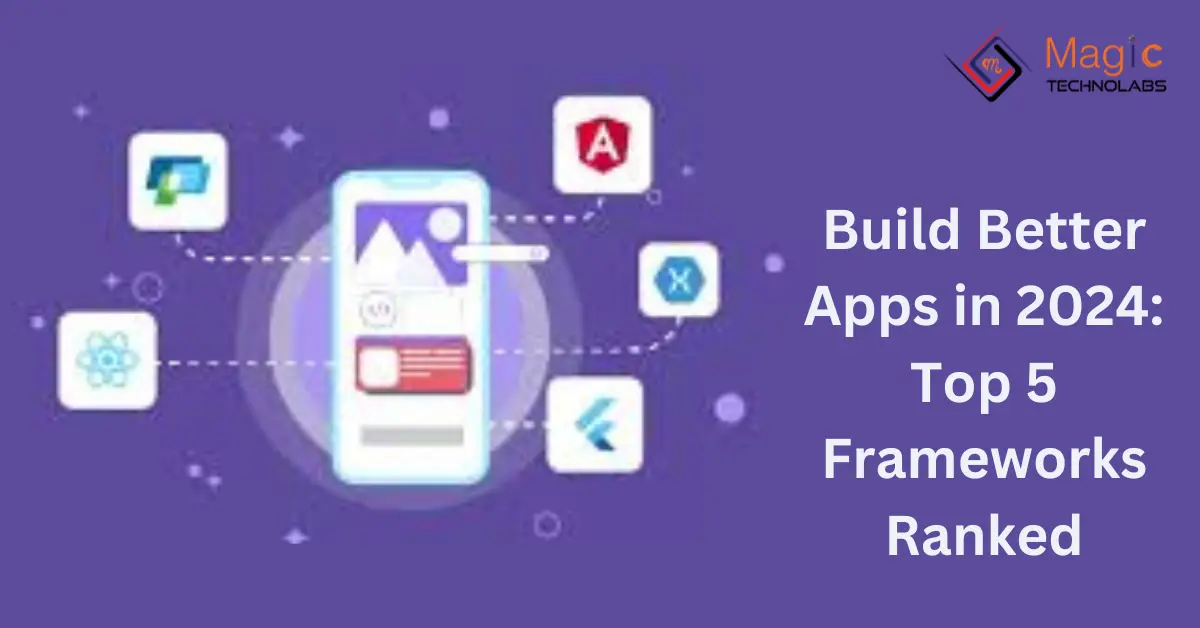The app development landscape is constantly evolving, with new frameworks emerging all the time. Choosing the right framework for your next project can be overwhelming. But fear not, aspiring developers! This guide dives into the top 5 app development frameworks for 2024, helping you pick the perfect tool to build high-performing and user-friendly applications.
1. Flutter (Cross-Platform):
Flutter continues to reign supreme in the cross-platform app development world. Developed by Google, it allows you to build beautiful and performant apps for mobile, web, and even desktop using a single codebase. This translates to faster development times and cost-efficiency, making it ideal for startups and MVP development. Its "Hot Reload" feature offers instant feedback on code changes, streamlining the development process.
2. React Native (Cross-Platform):
React Native, created by Facebook, remains a strong contender. It leverages JavaScript and React, a popular front-end library, to build cross-platform apps. This makes it a great choice for developers familiar with these technologies. While React Native requires more native code integration compared to Flutter for some functionalities, it boasts a large and active community offering extensive support.
3. Kotlin (Native Android):
For developers targeting the Android platform specifically, Kotlin takes the center stage. This officially supported language by Google offers a cleaner syntax and improved developer experience compared to traditional Java. Kotlin is interoperable with Java, allowing developers to gradually migrate existing projects. Additionally, it enhances code safety and reduces the risk of errors, leading to more robust and reliable apps.
4. Swift (Native iOS):
Swift, developed by Apple, dominates the native iOS app development scene. It boasts a smooth learning curve and powerful features, making it easier to build complex and performant apps for iPhones, iPads, and other Apple devices. Swift integrates seamlessly with Apple's Xcode development environment, offering a streamlined development process.
5. Ionic (Hybrid):
Ionic offers a unique hybrid approach. It utilizes web technologies like HTML, CSS, and JavaScript to build mobile apps with native-like functionalities. This allows developers to create apps that work across various platforms (web, mobile) with a single codebase. While not truly native, Ionic apps offer a good balance between development speed and performance, making them ideal for simpler projects or internal tools.
Choosing the Right Framework:
The best framework for your project depends on several factors like your target platform, developer expertise, project complexity, and desired features. Consider these factors and explore the strengths and limitations of each framework before making your decision.
By understanding the top contenders in the app development realm, you're well on your way to building exceptional apps in 2024. Remember, the chosen framework is just a tool; your creativity and development skills are what truly bring your app to life!
















